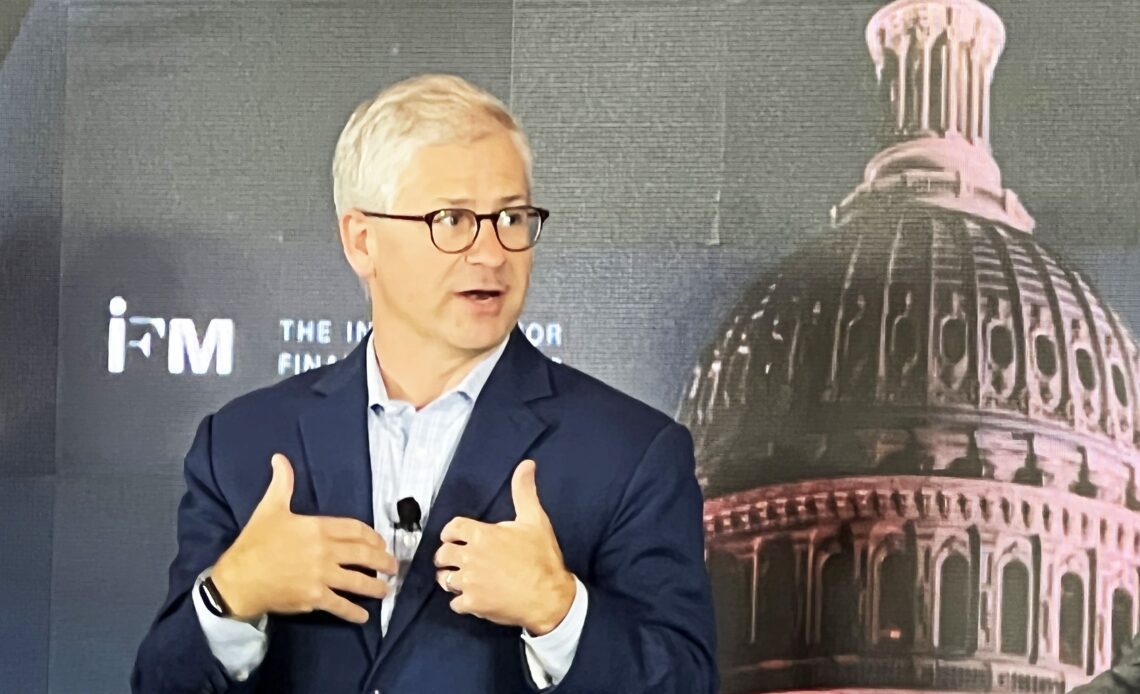Stablecoins are the backbone of the crypto economy. Transactions involving USD-backed stablecoins reached nearly $6.87 trillion in 2022, surpassing the volumes of Mastercard and PayPal. Despite the crypto winter, stablecoin activity has remained resilient, reflecting approximately 40% of all value transacted on blockchain networks. In other words, stablecoins have emerged as an innovation with product-market fit.
Jason Somensatto is the Head of North America Policy at Chainalysis. This is an excerpt from The Node newsletter, a daily roundup of the most pivotal crypto news on CoinDesk and beyond. You can subscribe to get the full newsletter here.
Despite this, the U.S. is struggling to secure its role as the leader on stablecoin policy and competitiveness. As reflected in our recently-published 2023 Geography of Cryptocurrency Report, approximately 60% of all stablecoin activity involves stablecoins issued by non-U.S. domiciled issuers, and the majority of all stablecoin activity occurs through non-U.S. licensed services among the top 50 exchanges. A year ago, the trend was toward greater involvement by U.S.-based regulated companies.
U.S. policymakers should not passively sit back and watch as this trend in the innovation of payments continues. Instead, the U.S. should prioritize passing legislation and implementing regulations that aim to ensure the U.S. is able to properly supervise USD stablecoin activity and benefit from its growth.
The consequences of not acting
The consequences of the U.S. failing to act on stablecoin regulation are significant.
First, well-tailored regulation can provide the U.S. with a mechanism to oversee the adoption and use of USD-pegged financial products and ensure it secures a central role in regulating and supervising the stablecoin issuers at the center of this growing market. The inverse means that the U.S. may lose out on the ability to enforce important regulations around anti-money laundering and countering financing of terrorism, which would have consequences for national and global security as threat actors continue to try to exploit the weak points within crypto networks. Preventing North Korea from continuing to use crypto as a means for funding its nuclear program is only possible if the U.S. continues to have meaningful touchpoints with compliant…
Click Here to Read the Full Original Article at Cryptocurrencies Feed…
























